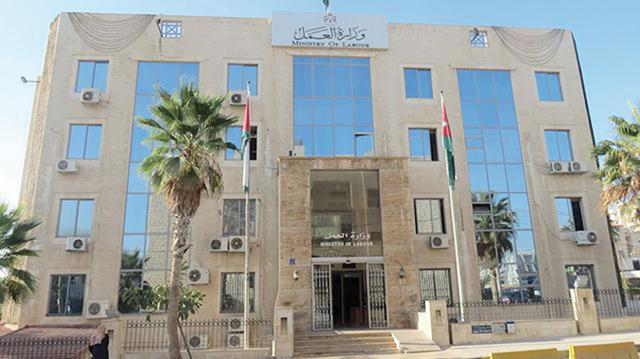You are here
Report points to shortcomings in gov’t efforts to combat human trafficking
By Mays Ibrahim Mustafa - Sep 27,2023 - Last updated at Sep 27,2023
AMMAN — The Jordanian government does not yet fully meet the minimum standards for the elimination of human trafficking, despite “increasing efforts”, a recent US government report revealed.
The “2023 Trafficking in Persons Report: Jordan” issued by the US Department of State highlighted government efforts indicating progress in combating human trafficking.
“These efforts included increasing convictions and applying adequate prison terms to convicted traffickers, identifying more victims and potential victims, providing shelter and assistance to more victims, and approving shelter bylaws to improve access to services for potential victims identified outside of law enforcement actions,” it stated.
However, the report showed that there remain shortcomings in several “key areas”.
It noted that Jordan’s visa sponsorship system leaves migrant workers vulnerable for exploitation, as it places a significant amount of power in the hands of their employers. Moreover, “[s]helter and services outside of Amman remained insufficient”.
The Jordan Times spoke with Director of the Phenix Centre for Economics and Informatics Studies Ahmad Awad. He noted that Jordan has maintained the same tier ranking in human trafficking over the past few years.
Awad views that significant progress in combating human trafficking in Jordan demands reforms in models implemented to organise foreign labour.
This includes eliminating the sponsorship system, which paves the way for various forms of exploitation and labour violations, some of which rise to the level of human trafficking.
“Trafficking victims in Jordan are primarily from South and Southeast Asia, East Africa, Egypt, and Syria,” according to the report.
During the reporting period, the Public Security Directorate and Ministry of Labour joint counter-trafficking unit investigated 158 potential trafficking cases, compared with 214 cases in 2021, it showed.
Of the 158 potential cases, 36 cases involving 71 suspects were classified as trafficking cases for further investigation. These included six sex trafficking cases, 17 forced labour cases, one forced begging case, and 12 cases of unspecified forms of trafficking, the report stated.
“Legal experts continued to report some judges remained hesitant to convict perpetrators for human trafficking, preferring to pursue other charges such as labour violations that carried lesser penalties, due to the complexity of cases, lack of judicial experience and expertise, and the cultural acceptance of some forms of the crime such as forced labour in domestic work,” it added.
Related Articles
AMMAN — Thirty-four human trafficking cases involving 131 victims and 152 perpetrators were registered in Jordan in 2022, according to a rep
AMMAN — Twenty-nine suspected cases of human trafficking were referred to court this year, with the suspected crimes ranging from sexual exp
AMMAN — Several labour rights organisations have recently voiced their concerns over the application of the kafalah (sponsorship) system on
















